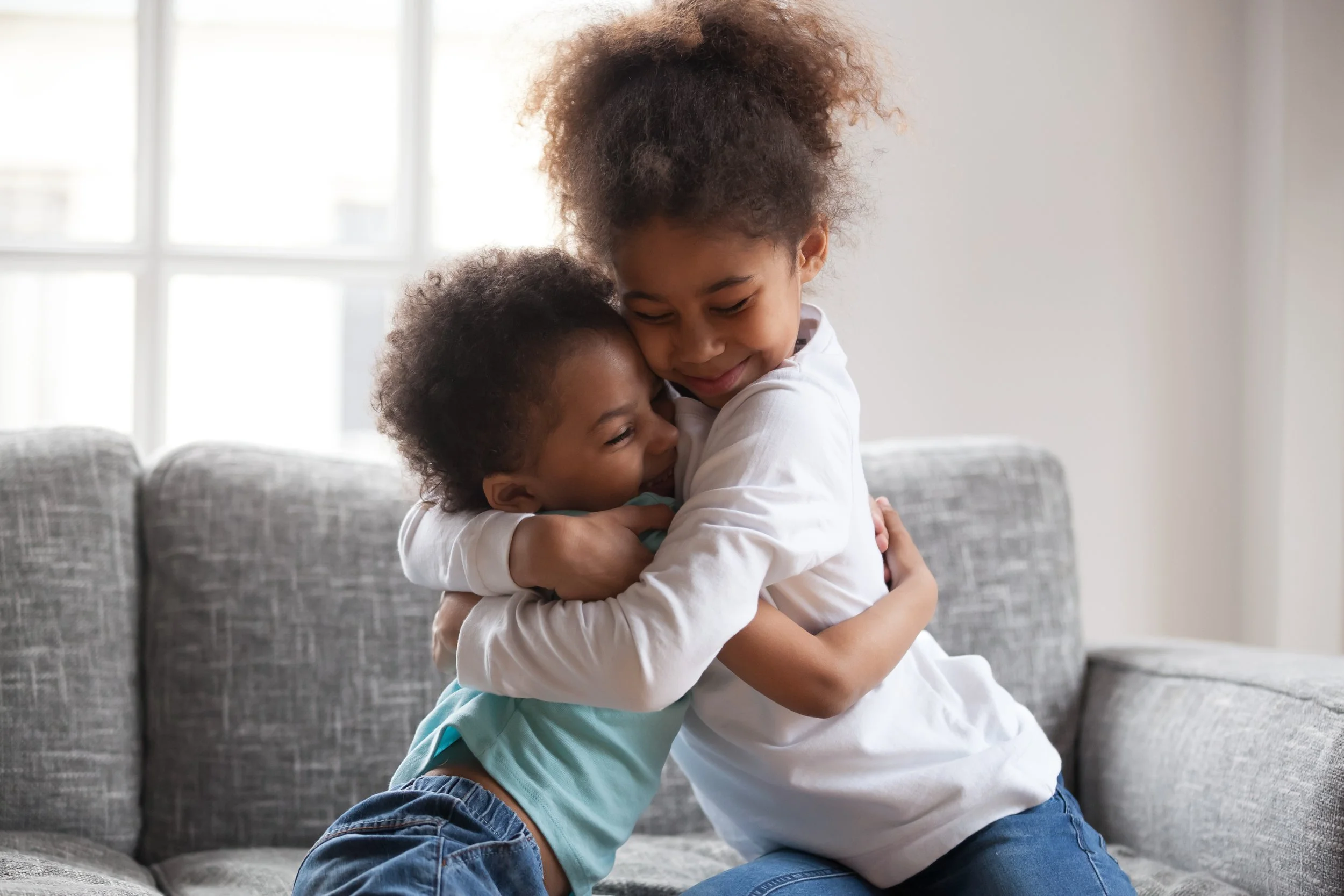Goals and Connections
The foster care system is extremely complex and can be especially hard for young children to get a grasp on. Because of this, it is important to consider the temporary nature of the time your sibling will likely have with your family. This was one of the greatest challenges I faced when having a child come to live with my family. I have learned two things over the years that I feel might be helpful.
First of all, I think it is important to realize the reality of the situation. While many foster placements might end in adoption, the primary goal of foster care is to return children to their original caregivers. This is extremely important for you to accept and remember, especially when speaking to the child staying with your family. It can be easy to fall into the pattern of making promises using words such as “forever” and “always.” While I completely understand the desire to reassure your sibling that you care about them, these promises can only cause confusion down the road for both parties. As hard as it is, I truly think it is important to fully understand the likelihood that your sibling will not be part of your family forever.
On the flip side, I warn against trying to combat this fear of the unknown. During my first week as a foster sibling, I found myself trying to close myself off from getting attached to the child staying with us. Every time I felt myself forming a connection with him, I scolded myself and repeated a mantra-like chant in my head that I wasn’t supposed to emotionally attach to him. This is truly not the way to go about fostering either. While, yes, it is important to understand the reality of the foster care system, this is not to say that you should cut off all possibilities of caring and loving the child staying with you. For starters, it might be virtually impossible to completely halt a sense of connection. Moreover, it isn’t beneficial for your sibling if you’re trying to keep your distance. Being forced to live apart from their original caregivers will be, without a doubt, one of the hardest parts of their lives. So, any small thing you can do to make them feel loved, safe, and appreciated is what you should be doing. At the end of the day, no matter how hard the uncertainty of fostering a sibling is for you, it is exponentially more confusing, hurtful, and difficult for them. Anything you can do to show them kindness and genuine caring is helpful, even if it means you make yourself more vulnerable emotionally. This was one of the most important lessons I learned.

